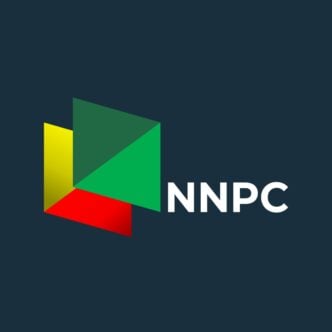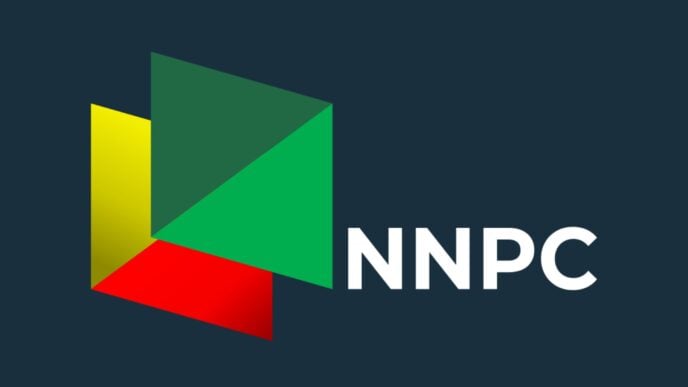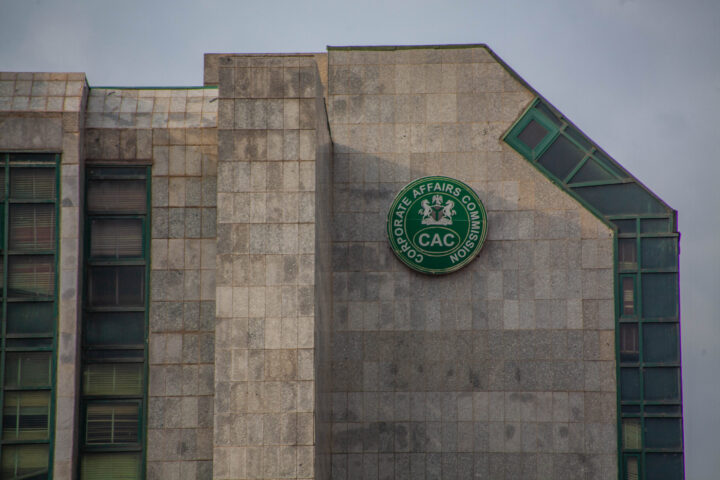Eleven years after it last updated the method used to calculate Nigeria’s economic output, the National Bureau of Statistics (NBS) has rebased the gross domestic product (GDP) of the country.
In October 2024, the NBS announced plans to rebase the GDP, saying its goal is to ensure that economic data accurately reflect current realities and capture structural shifts in the economy.
On January 9, 2025, the bureau said the rebased GDP will capture modular refineries and illegal or hidden activities, as well as the Nigerian social insurance trust fund, digital economic activities, pension fund administrators, domestic households as employers of labour, the national health insurance scheme, and quarrying and other mining activities.
Now that the NBS has captured the aforementioned sectors and Nigeria’s GDP is now N372.82 trillion, of what use is the decision and the outcome of the rebasing?
Advertisement
Below is everything to know about GDP rebasing.
WHAT IS GDP AND WHY IS IT IMPORTANT?
GDP refers to the total value of all goods and services produced within a country over a specific timeframe, typically one year.
Advertisement
It serves as a key indicator of a nation’s economic well-being, as an increase in GDP suggests economic growth, while a decline points to an economic slowdown or recession.
WHAT DOES REBASING GDP MEAN?
GDP rebasing involves updating the method used to calculate the country’s economic output, often by selecting a more recent base year for comparison.
The process helps ensure that GDP figures better represent the current structure of the economy, including emerging industries.
Advertisement
WHY DO COUNTRIES REBASE THEIR GDP?
As economies change over time, certain industries expand while others decline.
In its frequently asked questions (FAQs), NBS said rebasing GDP keeps economic measurements current by accounting for the shifts, including the emergence of new technologies and services.
WHAT HAPPENS WHEN GDP IS REBASED AND WHEN IT IS NOT?
Advertisement
The bureau said rebasing leads to notable changes, influencing how the economy is interpreted, and ultimately resulting in a more accurate and comprehensive picture of the economy.
“If GDP isn’t updated regularly, it may no longer reflect the true state of the economy. Old data may make the economy seem larger or smaller than it really is, which could lead to poor decision-making,” NBS said.
Advertisement
WHAT IS A BASE YEAR AND HOW IS IT CHOSEN?
According to the firm, the base year serves as a reference point for evaluating economic performance across different timeframes, and provides a benchmark for measuring changes in the economy.
Advertisement
NBS said a new base year is usually selected during a period of economic stability and growth, as this makes it a dependable point of comparison.
“It’s often a year when economic data is complete and accurate,” the bureau added.
Advertisement
HOW OFTEN IS GDP REBASING DONE?
It is understood that most countries rebase their GDP every five to ten years, depending on the extent of economic transformation.
In cases where the economy experiences significant shifts, rebasing may be done more frequently.
Also, data is collected from businesses, government reports, and other sources to see how the economy is changing.
HOW DOES REBASING AFFECT BUSINESSES AND THE GOVERNMENT?
The bureau said rebasing gives businesses a clearer understanding of the economy.
“By understanding which sectors are growing, businesses can make better investment decisions, plan for the future, and adjust to changes in demand,” NBS said.
For the government, updated GDP figures support informed decisions on policy, budgeting, and taxation.
The statistics firm added that rebasing helps the government to have an accurate view of the economy, allowing it to create better laws and programmes for growth.
CAN REBASING SHOW IF A COUNTRY IS BECOMING MORE COMPETITIVE?
By showing what industries are growing, rebasing offers insight into whether a country is becoming stronger or weaker in the world economy.
According to the NBS, rebasing can reveal how much income a country generates from exporting goods and services to other nations.
However, while it improves clarity on economic structure, it does not directly address deeper challenges such as unemployment or poverty.
WHY INCLUDE NEW INDUSTRIES IN GDP?
New and fast-growing sectors like technology are becoming more influential in the economy.
The bureau said including the industries in GDP calculations gives an accurate picture of how the economy is structured and how it is expanding.
“Rebasing shows how the economy has changed by adjusting to new industries and services. If technology or services are growing, the rebased GDP will show that progress more clearly,” the NBS said.
DOES REBASING AFFECT PRICES OR INFLATION?
The NBS said rebasing does not directly change prices; however, it helps present a clearer view of inflation trends and shifts in production costs over time.
“Rebasing often shows the rise of new industries. This gives us a better understanding of where the economy is growing and where jobs might be created in the future,” the firm added.
The bureau said while rebasing does not directly impact a country’s currency value, it can indicate economic improvement, which may affect how the currency is perceived globally.
IS THE REBASING PROCESS TRANSPARENT?
The rebasing exercise, the firm said, is carried out through a consultative and participatory approach, engaging various stakeholders whose data is collected and verified.
“The process and the results are made public, and statistical agencies usually explain the methodology used to the populace,” NBS said.
WHICH AGENCIES PROVIDE DATA FOR GDP REBASING IN NIGERIA?
The bureau said several key institutions supply data for GDP rebasing, such as the Nigerian National Petroleum Company (NNPC) Limited, offices of the accountants general of the federal and state levels, and the Central Bank of Nigeria (CBN).
Others include the Nigerian Communications Commission (NCC), Federal Inland Revenue Service (FIRS), the National Pension Commission (PENCOM), and the Securities and Exchange Commission (SEC).










